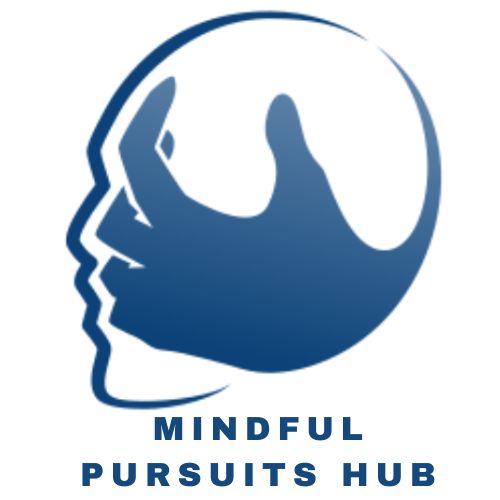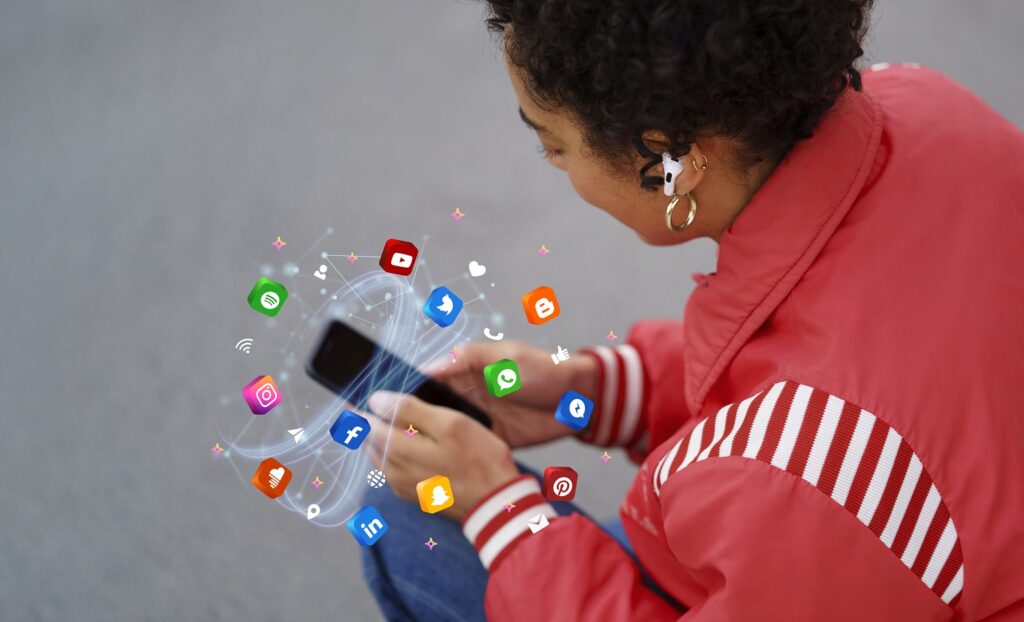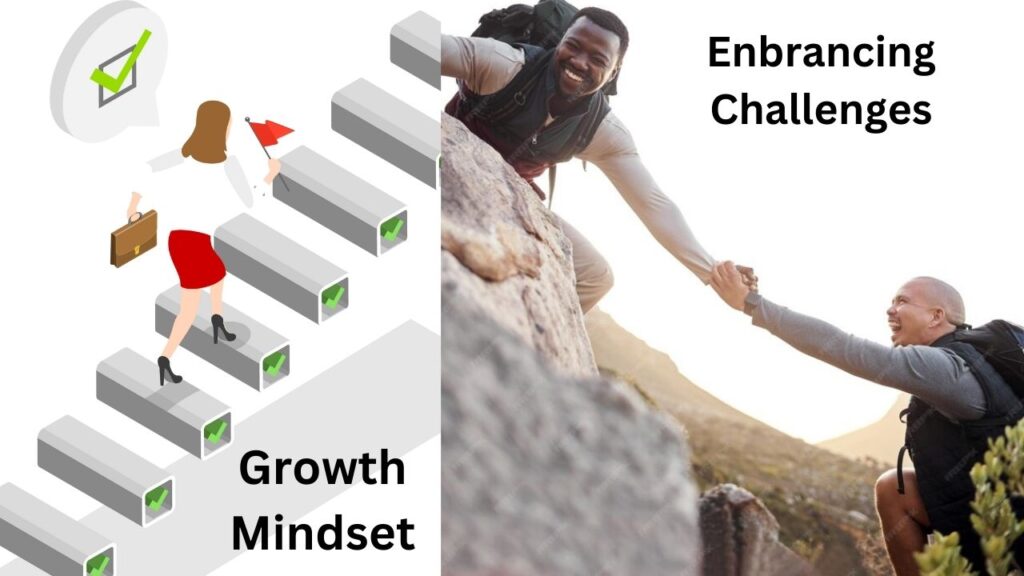As knowledge continues to increase in this rapidly evolving terrain of the digital era, any effort to make learning as addictive as social media will be a transformative pursuit. Today, we navigate a world where information is abundant and technology shapes every facet of our lives, and the traditional paradigms of education are being redefined. It is therefore very necessary not only to acquire knowledge but also to cultivate a genuine passion for continuous intellectual growth.
Social media, with its captivating allure and instant gratification, has set a high standard for engagement. The question arises: How can we infuse the process of learning with the same addictive qualities that keep us scrolling through social feeds? This article is aimed at changing perspectives as it examines practical steps and strategies that bridge the gap, transforming education from a structured necessity into a dynamic and eagerly pursued expedition.
Jump to Section:
ToggleWhat is Social Media Addiction?
Social media addiction refers to the compulsive and excessive use of social networking platforms to the extent that it interferes with daily life, work, and relationships. Individuals experiencing social media addiction often find themselves repeatedly checking their profiles, scrolling through feeds, and engaging in online interactions, leading to a preoccupation with virtual connections at the expense of real-world activities. This behaviour is driven by the constant need for social validation, fear of missing out (FOMO), and instant gratification provided by likes, comments, and shares.
The Side Effects of Social Media Addiction

The side effects of social media addiction are multifaceted and can significantly impact various aspects of an individual’s life. One of the primary consequences is the detriment to mental health. Excessive use of social media has been linked to increased feelings of anxiety, depression, and loneliness, as individuals may constantly compare their lives to curated, idealized representations on these platforms.
Productivity often takes a hit, as hours spent scrolling through feeds replace time that could be allocated to more meaningful activities. Additionally, social media addiction can strain real-life relationships, as face-to-face interactions may be compromised in favour of online engagement.
Sleep disturbances are common, with late-night scrolling contributing to disrupted sleep patterns. Furthermore, the relentless pursuit of likes and online validation can lead to a distorted sense of self-worth. Recognizing these side effects is crucial for individuals to address and mitigate the negative impact of social media addiction on their overall well-being.
Why Continuous Learning Matters in the Tech Age
In the tech age, continuous learning has become more crucial than ever, playing a pivotal role in personal and professional development. Rapid advancements in technology constantly reshape industries and job requirements, making it essential for individuals to stay abreast of the latest trends and acquire new skills.
Continuous learning not only enables professionals to adapt to evolving job landscapes but also fosters innovation and creativity. In the dynamic field of technology, where new tools and methodologies emerge regularly, staying stagnant in one’s skill set can quickly lead to obsolescence. Embracing a mindset of continuous learning empowers individuals to navigate the ever-changing tech landscape, enhancing their adaptability and resilience.
Moreover, in a globalized and interconnected world, continuous learning fosters a culture of collaboration and knowledge-sharing, driving collective progress in the tech industry. Whether through formal education, online courses, or on-the-job learning experiences, the commitment to continuous learning has become a linchpin for success in the tech-centric environments of today.
Practical Steps to Make Learning Much Addictive

With the foregoing in mind, let’s now examine the practical strategies for making learning as addictive as social media:
1. Download Educational Apps Relating to Your Field
In the contemporary digital age, there is a plethora of educational apps designed to deliver targeted and interactive learning experiences. These apps often leverage multimedia elements, such as videos, quizzes, and interactive exercises, to cater to various learning styles. For example, Duolingo is a language-learning App that has attained global popularity with about 40 languages to learn. By incorporating technology into the learning process, you can access bite-sized, on-the-go lessons that fit seamlessly into their daily routines.
Furthermore, educational apps provide a dynamic and personalized learning environment. Many apps utilize algorithms to tailor content to the user’s proficiency level and learning pace, ensuring a customized educational journey. This adaptability enhances engagement by presenting challenges that match the learner’s skill set, promoting a sense of accomplishment and motivation. The convenience of having educational resources at one’s fingertips also encourages consistent and habitual learning, fostering a positive learning addiction as you can easily integrate learning moments into your daily life. Ultimately, the accessibility and adaptability of educational apps make them powerful tools for creating an immersive and addictive learning experience.
2. Reset Your Homepage to Reflect Educational Apps
The homepage of your devices, such as your computer or smartphone, is often the first screen you encounter when starting your day. By replacing recreational or distracting apps with educational ones, you intentionally shift your focus toward learning objectives. This simple but effective adjustment serves as a visual cue, prompting a subconscious association between your digital environment and the pursuit of knowledge.
Moreover, this intentional reset aligns with the principles of behavioural psychology, particularly in the context of habit formation. Placing educational apps prominently on your homepage makes them more accessible and increases the likelihood that you will engage with them regularly. It helps create a positive reinforcement loop, where the act of opening your device becomes intertwined with the anticipation of a learning experience. This visual reshaping of your digital space not only underscores the importance of continuous learning but also establishes a conducive environment that primes your mindset for educational pursuits, contributing to the overall goal of making learning more addictive.
3. Set Daily and Weekly Learning Schedule
Establishing a daily and weekly learning schedule is a fundamental step in making learning a consistent and addictive part of your routine. By setting aside dedicated time for learning, you create a structured framework that prioritizes education amidst the busyness of daily life. This intentional allocation of time sends a strong signal to your brain that learning is a non-negotiable aspect of your daily agenda.
Breaking down your learning goals into daily and weekly schedules provides a clear roadmap for progress. It helps prevent the overwhelming feeling of having too much to learn by breaking it into manageable, bite-sized portions. Additionally, having a schedule fosters discipline and routine, turning learning into a habitual practice rather than a sporadic activity.
To enhance the effectiveness of your learning schedule, align it with your natural rhythm and energy levels. Identify periods during the day when you are most alert and focused, making those times dedicated to more challenging or critical learning tasks. Consistency is key, and by adhering to a well-structured learning schedule, you create a conducive environment for learning to become a rewarding and addictive part of your daily life.
4. Use Online Calendar for Learning Reminder
This will reinforce your commitment to continuous education and enhance the addictive nature of learning. Online calendars, whether on platforms like Google Calendar or other scheduling applications, provide a digital space to organize and manage your time effectively. By creating dedicated events or reminders for learning sessions, you leverage technology to prompt and reinforce your commitment to ongoing education.
The use of online calendars for learning reminders introduces a layer of accountability. Regular notifications and alerts serve as gentle nudges, encouraging you to adhere to your scheduled learning sessions. This automated system minimizes the risk of forgetting or neglecting your learning commitments, turning the act of learning into a consistent and ingrained aspect of your daily routine.
5. Decide to Concentrate More on Educational Content on Social Media Platforms
Social media, often criticized for its potential distractions, can be transformed into a powerful tool for continuous education. The decision to curate your social media feeds to prioritize educational content aligns with the goal of making learning more addictive by leveraging the platforms you already engage with.
Begin by following pages, groups, or profiles that share educational content relevant to your interests and learning objectives. Platforms like Facebook, Twitter, Instagram, and LinkedIn offer a diverse range of educational content, from informative articles and videos to discussions and webinars. By actively seeking out and engaging with educational material, you reshape your social media experience into a source of knowledge and inspiration.
This deliberate choice to concentrate on educational content also taps into the social aspect of learning. Engaging with others who share similar educational interests fosters a sense of community, providing opportunities for discussions, collaboration, and knowledge exchange. As a result, your social media presence becomes not just a means of social interaction but a dynamic space for continuous learning, reinforcing the addictive nature of educational pursuits in your online activities.
6. Register for Online Courses of Your Interest or Field
As the adage goes, “Idle hands are the devil’s workshop”, engaging in value-added learning activities will take your attention away from social media. Online courses offer a structured and comprehensive approach to learning, often providing in-depth insights into specific subjects. By enrolling in courses relevant to your interests or career, you create a formalized learning pathway that encourages commitment and engagement.
The act of registering for online courses sets clear learning objectives and milestones. It introduces a sense of accountability, as you have made a tangible commitment to a structured curriculum. Many online learning platforms offer a variety of courses, ranging from short skill-based modules to comprehensive degree programmes. This flexibility allows you to tailor your learning experience to fit your schedule and specific educational goals.
Over and above, the interactive nature of online courses, with features such as quizzes, assignments, and discussion forums, enhances the engagement factor. The potential for earning certificates or degrees upon course completion provides a sense of accomplishment, contributing to the addictive nature of the learning process.
7. Subscribe to and Set Notifications for Online Training Channels






